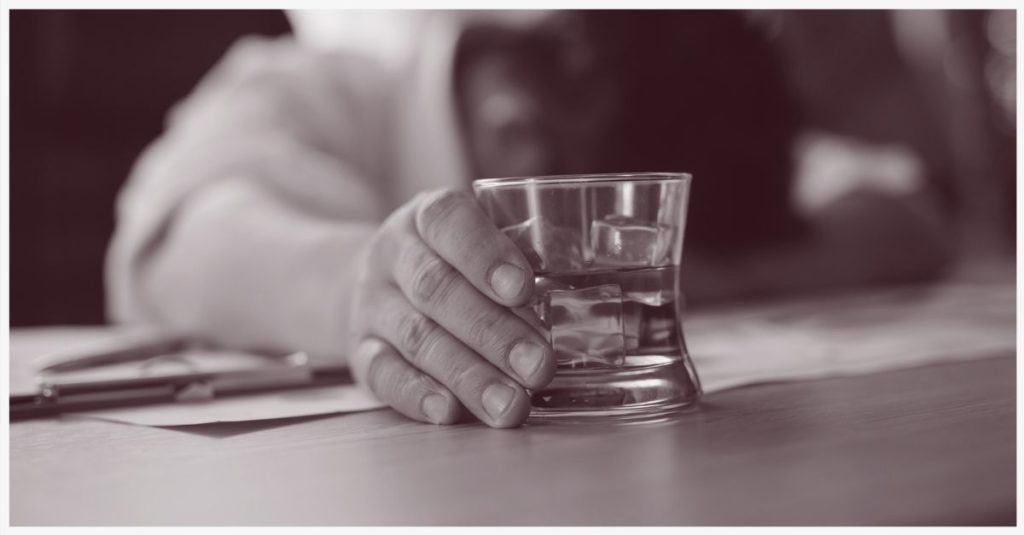Addictive behaviors are unfortunately common across our nation for a variety of reasons. Anywhere from entertainment all the way to heavily stuck in substance use and unable to escape, these behaviors have been prevalent for a number of years across the United States and throughout the globe. According to American Addiction Centers, in 2017 over one-third of adult Americans (38%) struggled with addiction. Even more people struggle with addiction as a way of coping during this recent period of social isolation.
People tend to expend exorbitant amounts of energy fighting off anything that is painful, be that emotional or physical. We avoid, hide, run, medicate, or numb whatever might cause us to hurt. And doing so makes sense. Not many people enjoy pain.
How Isolation Leads to Coping Through Addiction
When the entire nation is in isolation due to the coronavirus pandemic, mental health concerns are mounting. The inability to communicate or connect face to face with friends, coworkers, or family; lost employment and/or income; and especially the contraction of this illness by oneself or a close family member are just a few of the increased painful stressors that Americans are grappling with currently. And as a result, many will resort to substance abuse as a way to cope.

It is not uncommon for therapists to hear that this isolation has influenced an increase in drinking or drug use in a client. One client told me that the coping mechanisms they found most effective were talking to people and socializing and drinking. So naturally, during this period of prolonged isolation, he has turned to drinking to cope with painful things in his life.
Coping Alternatives to Addiction
May I suggest a couple of alternatives to drinking or drug abuse that can be used as you or a loved one struggles to cope with isolation? First of all (don’t quit reading after this), physical exercise. Physical exercise has been shown in repeated studies to be just as effective in combatting feelings of depression as a combination of medication and psychotherapy. Granted, exercise won’t teach the tools that therapy would teach, but the outcomes in terms of what one feels from both are very similar. Many during this time have found it difficult to exercise because they were accustomed to going to a public gym, but several things can be done quite effectively in the privacy of one’s own home, or through outdoor exercise. All you need to do is a small bit of research and effort and an effective home exercise plan can be mapped out.
Spending Time with Family
Secondly, although social distancing regulations have kept most of us at bay from typical social gatherings and communications that normally would fill our buckets, many have reported to me in therapy sessions how much they have grown to appreciate and cherish the additional time with their family members. They have learned to adapt to not being able to do other things, be distracted by outside activities, or engage in a myriad of other “important,” albeit not family-centered engagements. Throw yourself into your family relationships, assuming you have some reasonably emotionally healthy relatives, and work to discover some bonds that could provide you with extensive support for you in the future for many years to come.
Journaling
Third, many of my clients have found that journaling is a very healthy outlet for many of their painful and persistent emotional concerns. Many ask, “How is it helpful to talk about or write about what’s bothering me? It isn’t a solution.” The example I give them is that our issues in life, when allowed to build up and fester without an outlet, feel much like taking ten superballs into a racquetball court and throwing them all at once against the wall. It will feel like several dozen superballs are bouncing around in various directions when in reality it is only ten.
Talking about problems or writing them in a journal is similar in effect to taking all of those superballs and setting them quietly down on the floor where they can be accounted for much more easily. Writing and talking help a person to organize thoughts and feelings and assists in alleviating stress and the buildup of emotions.

Virtual Therapy
Finally, consider arranging an appointment via telehealth with a licensed therapist or life coach. These individuals are trained to listen and provide appropriate ideas, tools, and/or advice and counsel on ways to improve your life and plan an effective future for yourself and your family. Given the fact that therapists can provide these services online securely, it is safe and easy to and is a good opportunity to work through some private concerns and painful issues that might otherwise provoke an individual into substance use. Counsel from a trained professional can be tailored to your individual needs and can set you on a straight and helpful path of recovery, healthy coping skills, and healing.
Use These Coping Suggestions to Build a Healthier Life During Isolation
During this time of isolation, consider alternatives to the unhealthy coping of addiction or addictive substances. Try some other means for coping with pain and, again, consider contacting a professional to help you in getting things more organized in your life. While the restrictions persist, perhaps it is the perfect opportunity to work on oneself and one’s ineffective coping mechanisms. We wish you the best of luck in facing these difficulties and accessing the help you need.
Steven Eastmond, LCSW
Family Transitions Counseling (familytcc.com)
Steve is a Utah native and earned a master’s in social work from Washington University in St. Louis, the top school of social work in the country. He owns and runs Family Transitions Counseling in Pleasant Grove, Utah, and has other therapists working in this clinic as well. Steve is also an adjunct professor of social work at Utah Valley University.